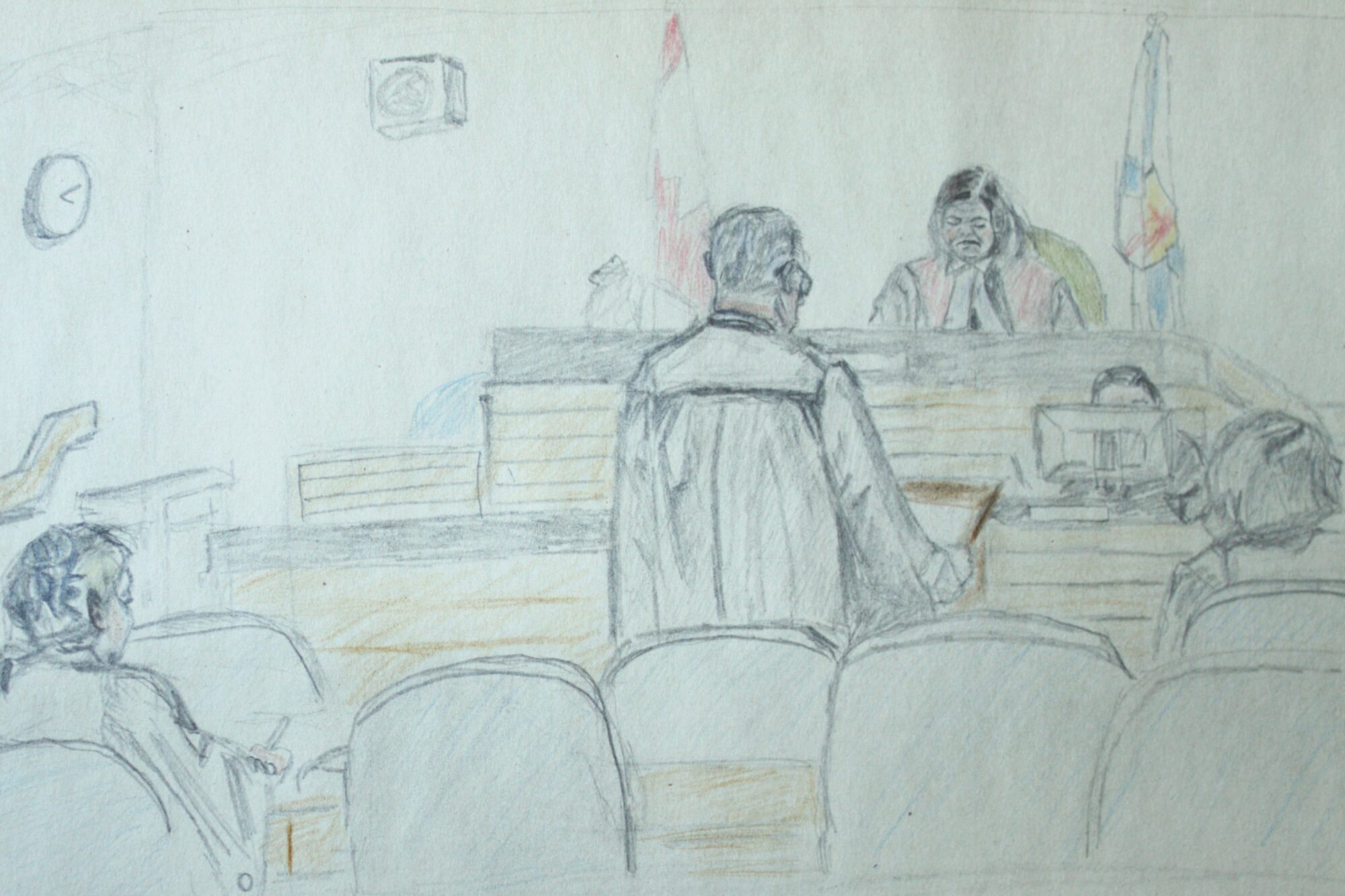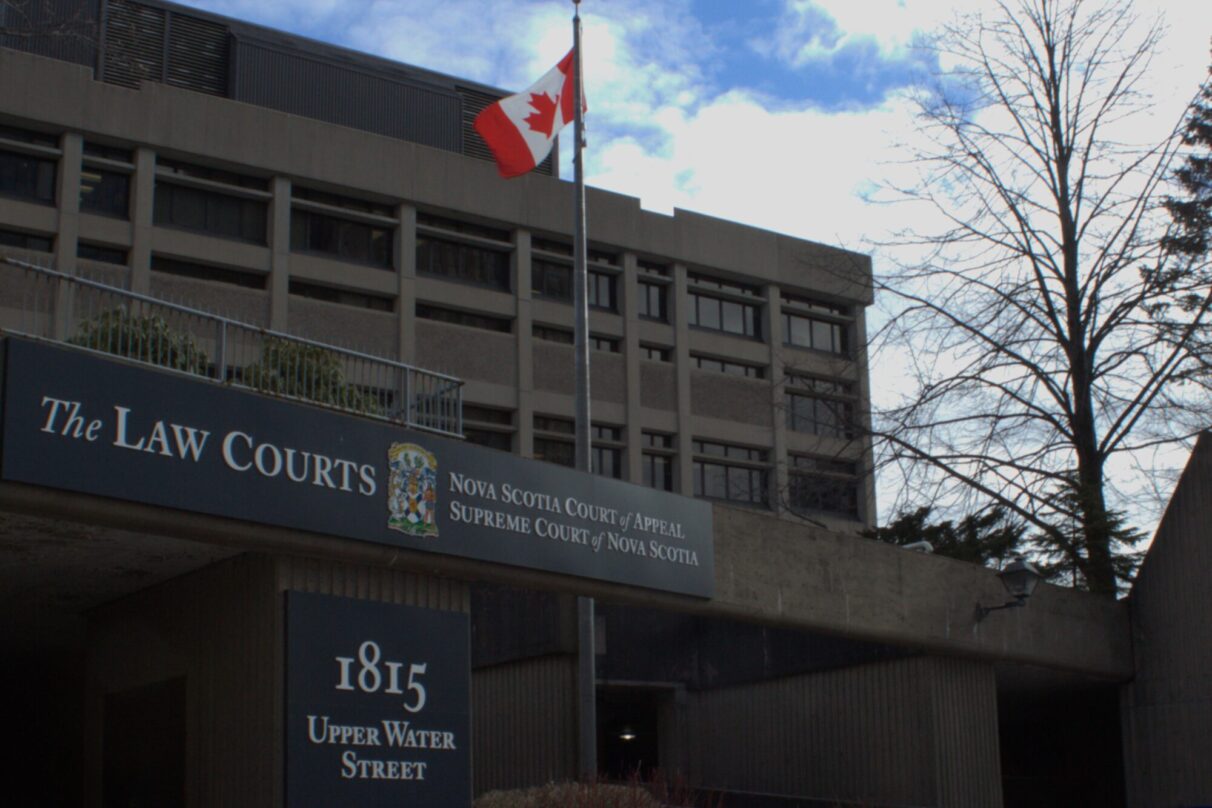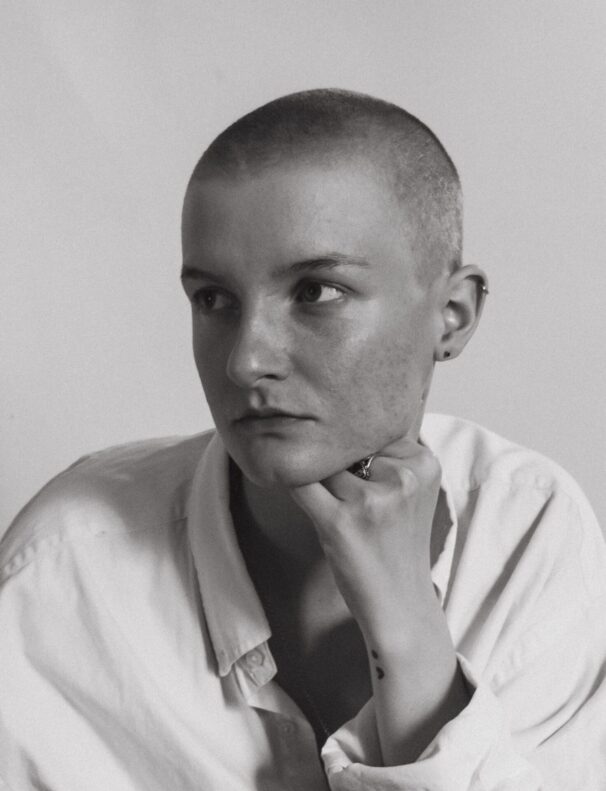Court hears arguments over whether complaint against SMU should go ahead
Human rights commission, university at odds over student's complaint on professor's article

caption
Human Rights Commission lawyer Jason Cooke makes his case to Justice Denise Boudreau on Thursday in a hearing over a complaint against Saint Mary's University.Editor's Note
April 28, 2025, update: In a ruling issued on April 17, 2025, the Supreme Court of Nova Scotia quashed a decision of the Nova Scotia Human Rights Commission that referred Kendra Gould’s complaint to a board of inquiry. In her ruling, Justice Denise Boudreau said the commission’s June 2024 referral had failed to make a case that Gould experienced “differential treatment” that resulted in a “burden, obligation or disadvantage” under the Nova Scotia Human Rights Act.
Lawyers for Saint Mary’s University and the Nova Scotia Human Rights Commission sparred Thursday over whether a case of alleged discrimination by a university professor should be dismissed or go to a board of inquiry.
Supreme Court Justice Denise Boudreau heard procedural arguments in the case of a complaint by a former student at the university who alleges discrimination on the basis of Mi’kmaw identity.
Kendra Gould says she was discriminated against in an article her professor wrote in 2019. Her complaint is against Saint Mary’s and the Society for Academic Freedom and Scholarship, which published the article.

caption
Nova Scotia’s Supreme Court is on Upper Water Street in Halifax.The commission referred the complaint to a board of inquiry in June 2024. Related stories
Lawyers for Saint Mary’s and the society are arguing the complaint shouldn’t go forward to the board.
The commission’s lawyer, Jason Cooke, made the case for referral on Thursday.
Cooke said the society’s argument that the former student’s hurt feelings aren’t grounds for a human rights complaint should be made to a board of inquiry and not at this judicial review.
“There’s a real grappling between Charter-protected expression rights and the quasi-constitutional role of human rights acts,” said Cooke. He said it’s the board’s role to wrestle with this question.
He also responded to the university’s argument that it wasn’t notified of two amendments to the initial complaint. Cooke said since one of the amendments was correcting a typo it wasn’t worth lingering on.
He said the other amendment added the society as a respondent and added discrimination through publication to the complaint. Cooke said these changes were made before Saint Mary’s and the society even received the complaint.
“It’s difficult from the commission’s perspective to understand what procedural right was breached, what kind of prejudice or hardship is created,” said Cooke, because the amendment was made “before the investigation has started, before the matter has really started rolling.”
Saint Mary’s lawyer, Tara Erskine, said “the requirement of transparency” is at stake.
Another point of contention was an extension request made by the commission.
Erskine said Saint Mary’s repeatedly asked for a copy of the extension request but did not receive it. She said the commission deprived the university of the right to respond to the amendments and extension request.
Cooke said Saint Mary’s should have complained about the extension decision sooner, since it was made in 2021 and Nova Scotia allows only six months after a decision to file a judicial review.
He said Saint Mary’s and the society got the chance to respond to the commission’s investigation report, which is what really matters.
“When we go to the essence of procedural fairness, you have to know the case against you, you have to have an opportunity to respond.”
A hearing in January in the case debated how long the commission has taken to move the complaint forward. Boudreau will give a written decision at a later date.
About the author

A. Zwissler
Antonia Zwissler, who came to Halifax from Lima, Peru, will graduate this spring with a Bachelor of Journalism (Honours) degree from the University...
